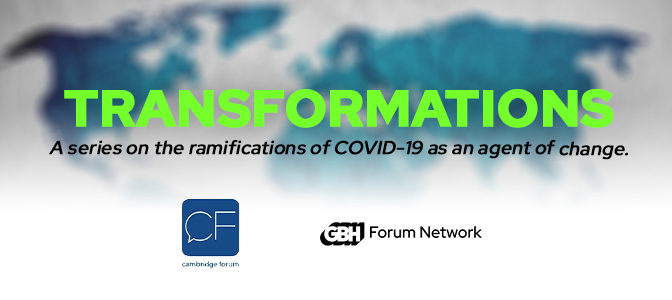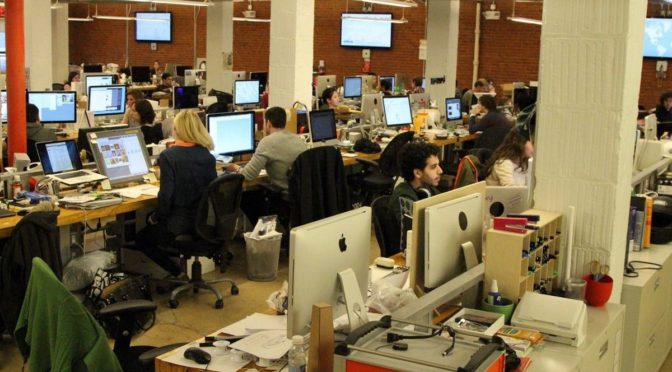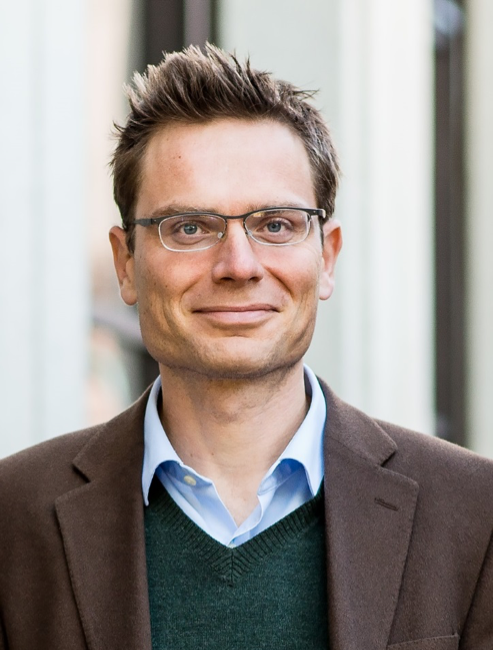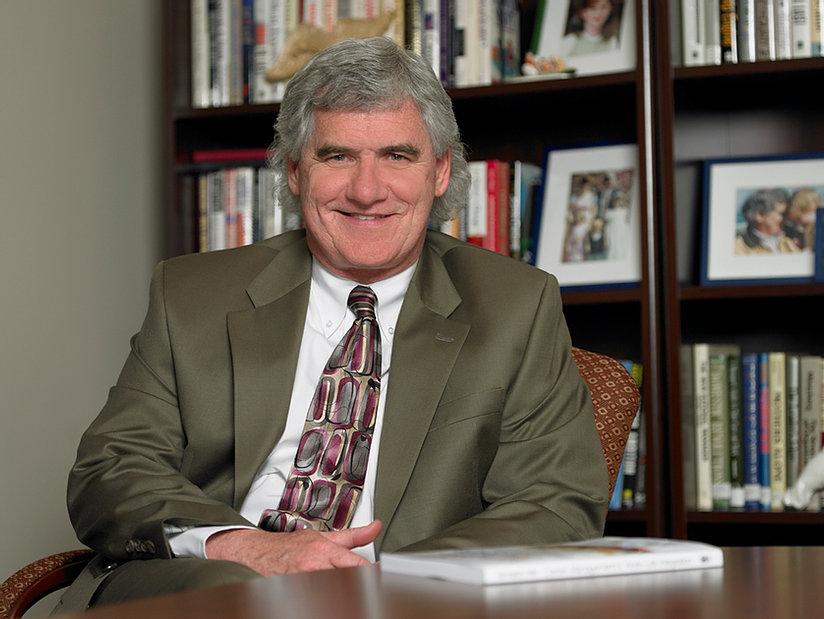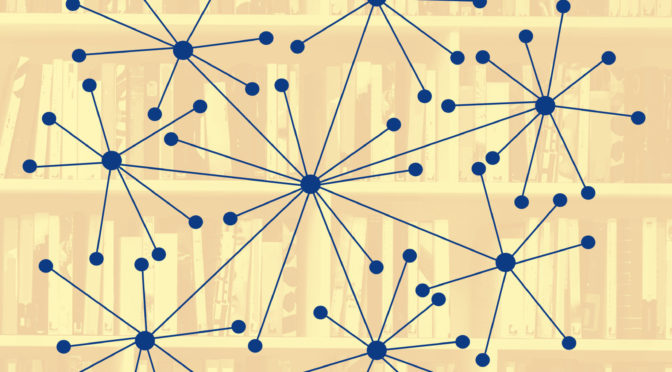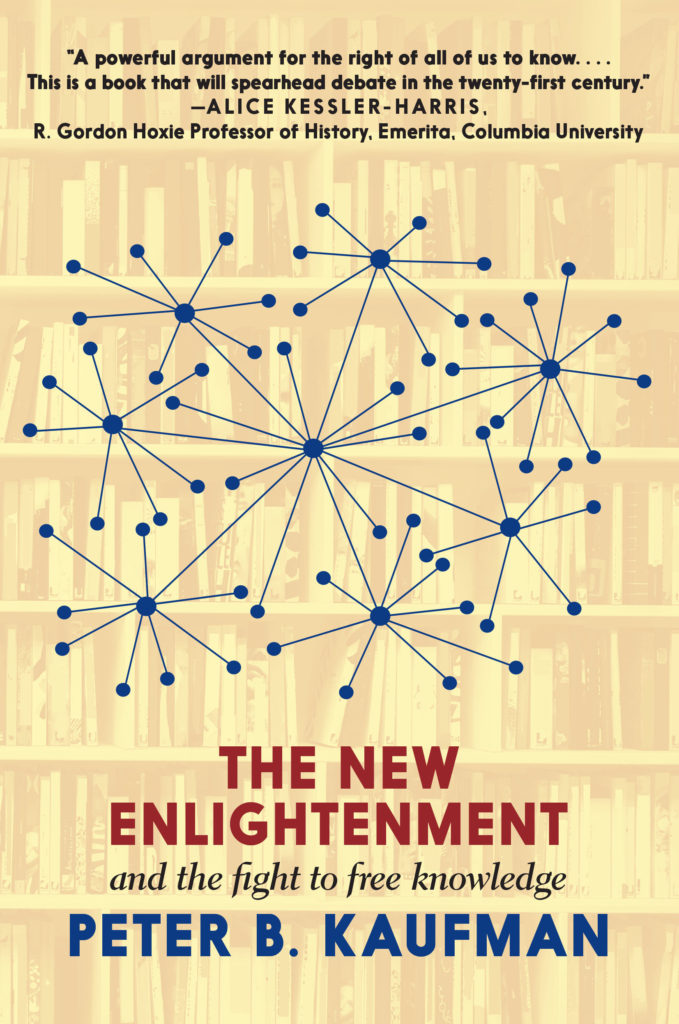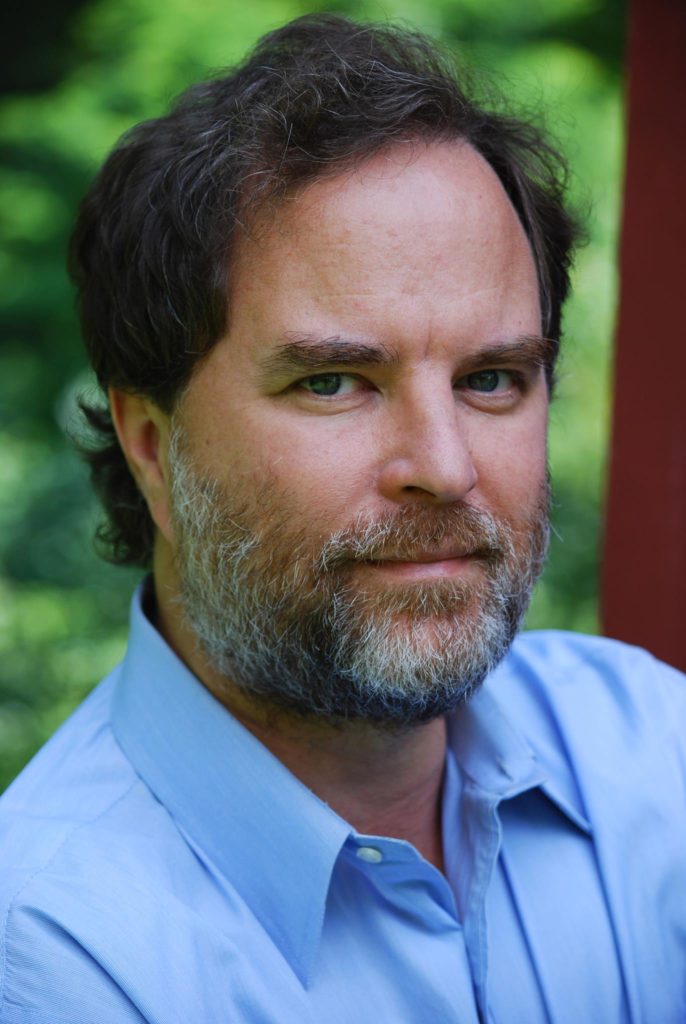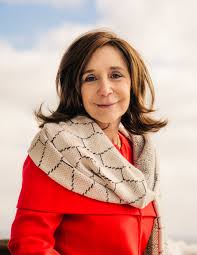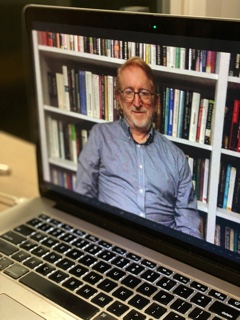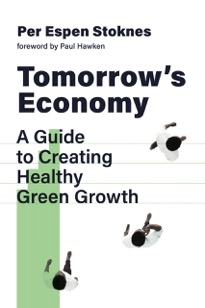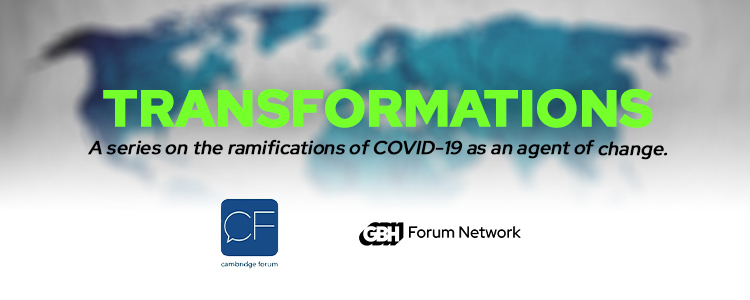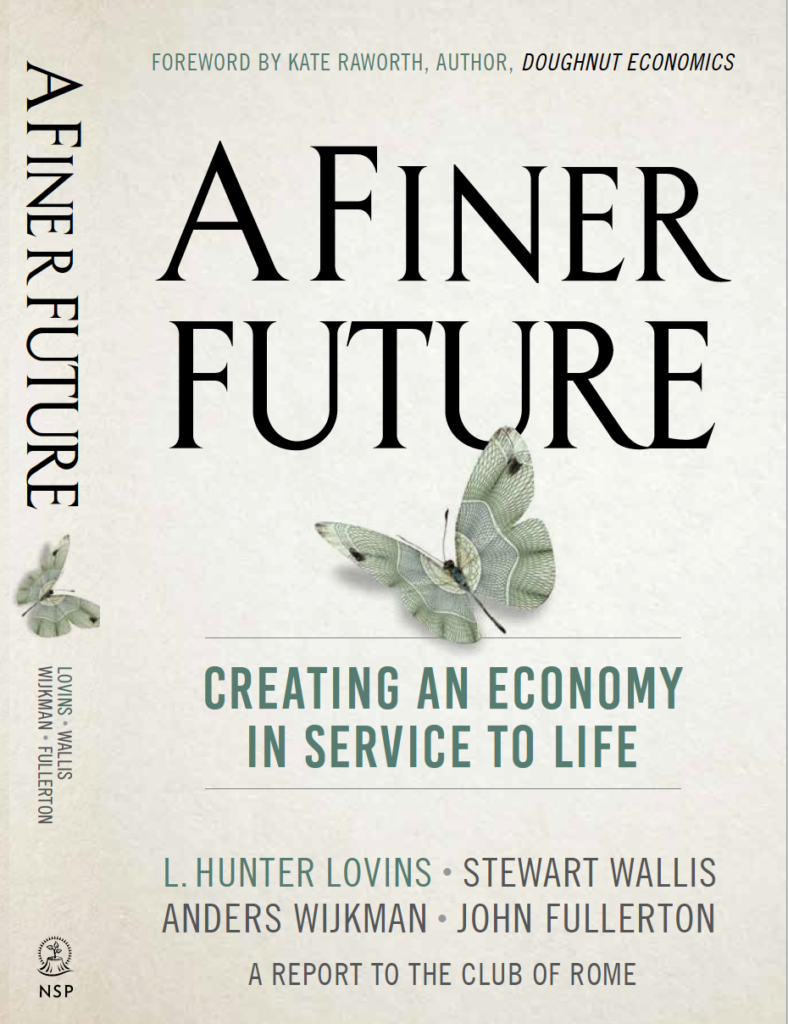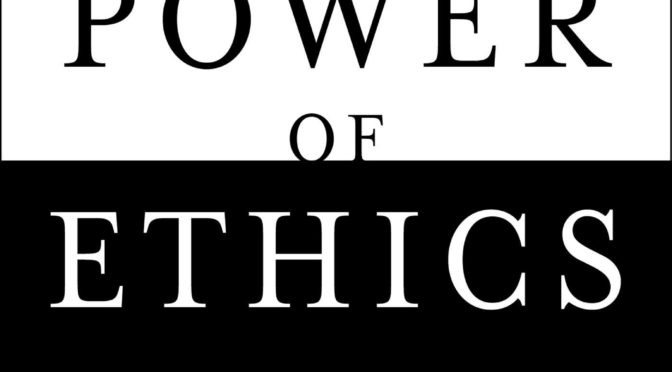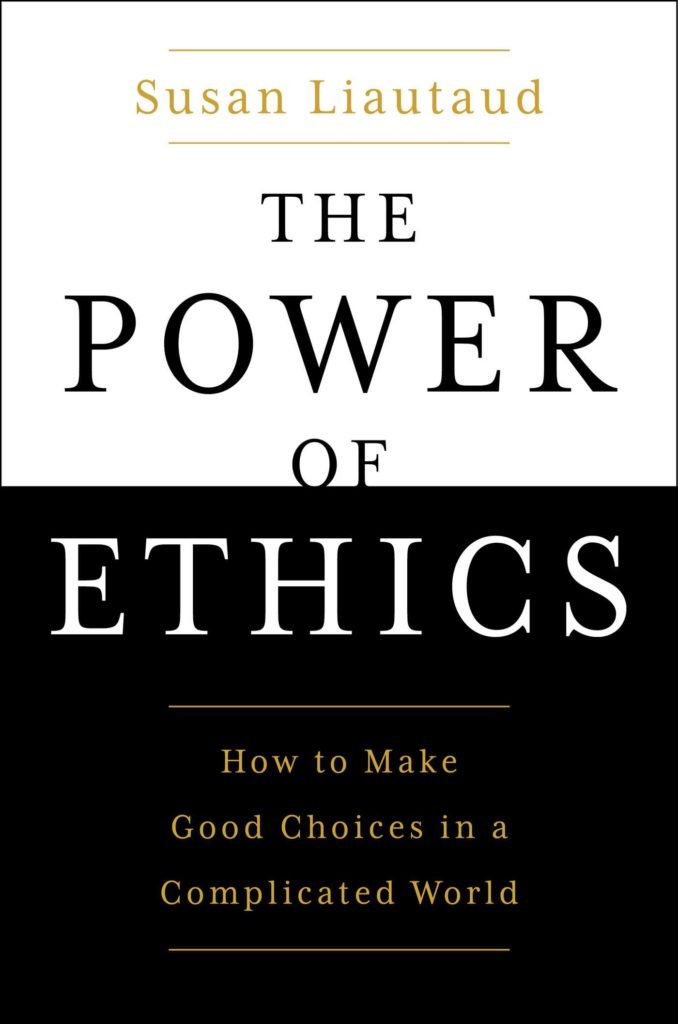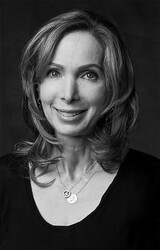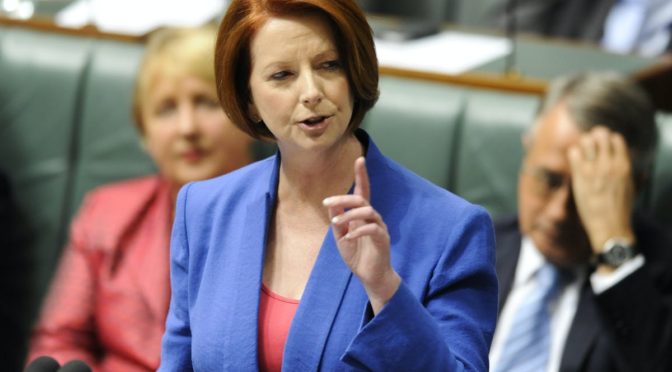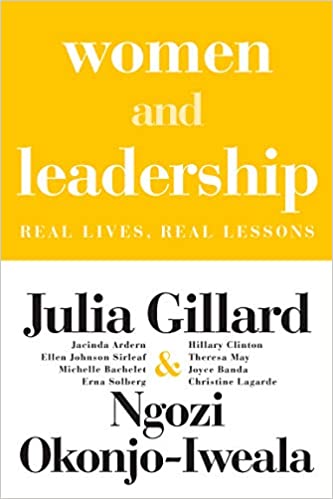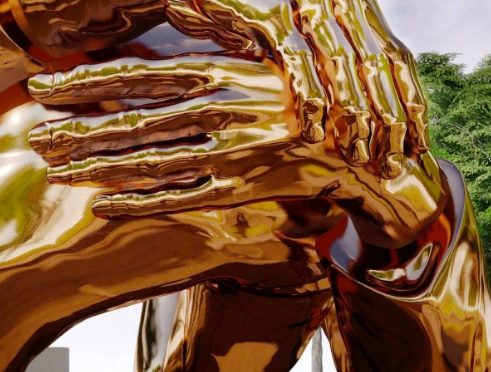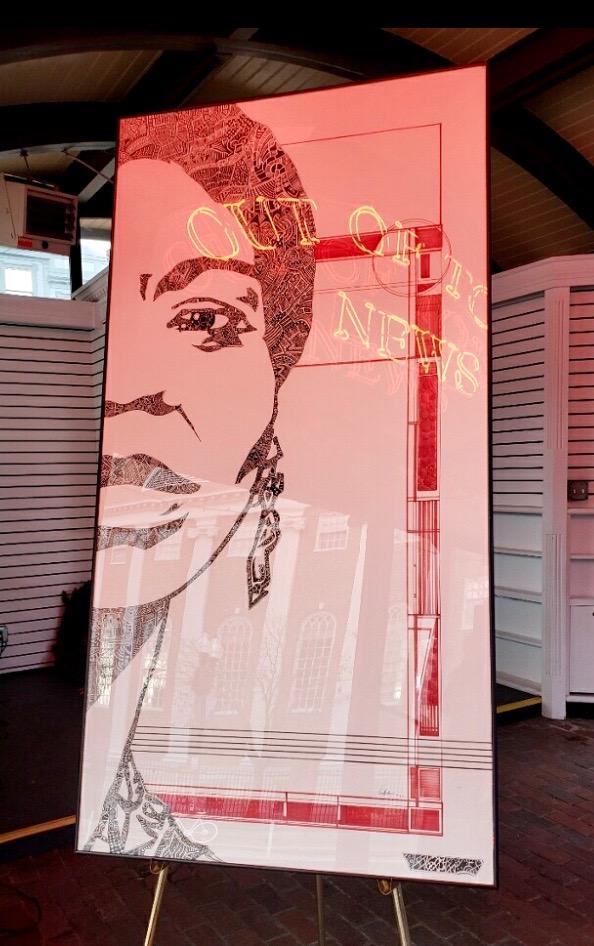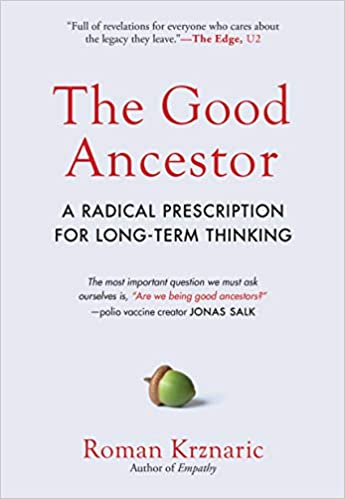
The pandemic was a lethal litmus test for relationships of all kinds. A motley assortment of people found themselves locked down together. Some saw the deaths of family or friends. Others were deprived of seeing neighbors, co-workers, school friends or they lost the support of community groups like choirs. As we emerge from the Covid cocoon, a significant number of relationships have cemented or ended but several million Americans have also acquired pets.
Recorded 6/8/2020
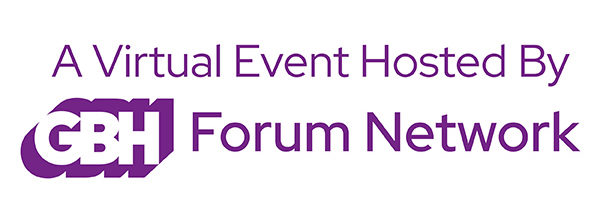
What relationships did you acquire or lose in the past year? Has your emotional life shifted irrevocably? Will things return to pre-pandemic conditions or are these new work/life changes here to stay? Join our discussion and tell us about your experiences over the past year – for better or worse?
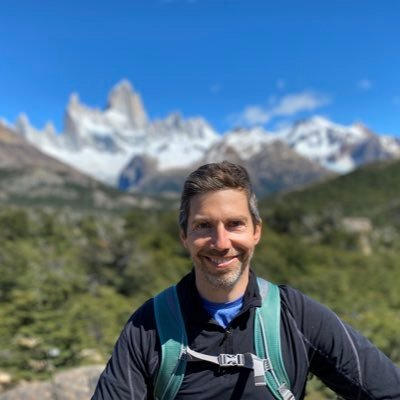
Rich Slatcher is Professor of Psychology at the University of Georgia. His research and teaching focusses on understanding the effects of people’s close relationships on their health and well-being. He currently oversees the Love in the Time of COVID project to examine the global effects of the pandemic on people’s social relationships.
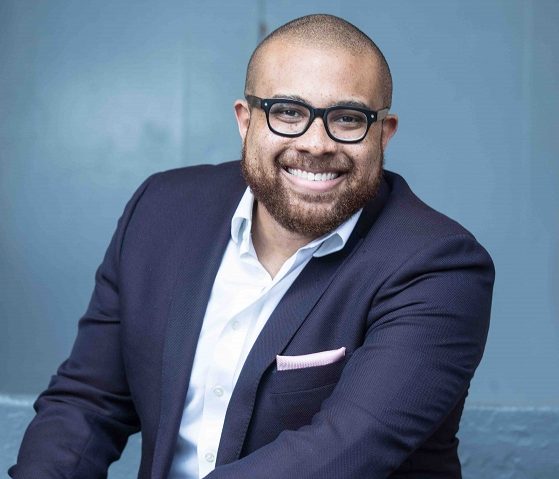
Andrés Holder is Executive Director of the Boston Children’s Chorus. He has over ten years of experience in performing arts management through his work with Gala Hispanic Theatre, Arena Stage, and The Washington Ballet.
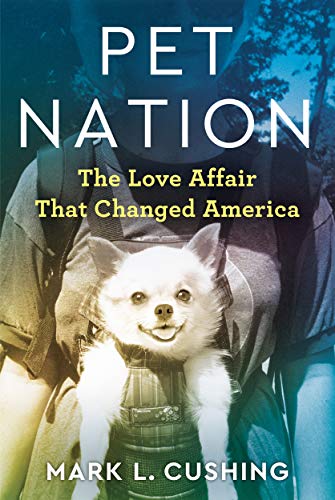
Mark Cushing is a lawyer and author of Pet Nation, an inside look at how over the past 20 years, pets have become treasured members of the American family.
Has America’s love affair with pets resulted in a cultural transformation?
This forum is part of our TRANSFORMATIONS series, which has been examining the various ways in which the pandemic has acted as an agent of change. We are grateful for the generous support of the City of Cambridge

Cambridge Forum provides free and open discussions about the pertinent issues and ideas confronting us, in the world today.

